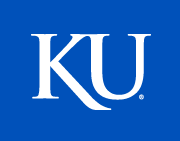Instructor: Kansas Bureau of Investigation

|
No biographical information available |
Classes by this instructor
2026 KBI Laboratory Capabilities: Chemical Analysis Series - Seized Drugs, Toxicology, and Trace

Thursday, May 14, 2026, Zoom Facilitated Sessions
Tuesday, October 13, 2026, Learning Center Classroom Bldg
2026 KBI Laboratory DNA Databank - Collecting DNA from Arrestees, Convicted Offenders, and Registered Offenders

Monday, April 6, 2026, Zoom Facilitated Sessions
Applied Crime Scene Investigation: Tools, Techniques, and Lab Integration

Basic Processing and Collection of Latent Prints

Investigation and Analysis of Fire Scene Evidence


 Cart (0)
Cart (0)

